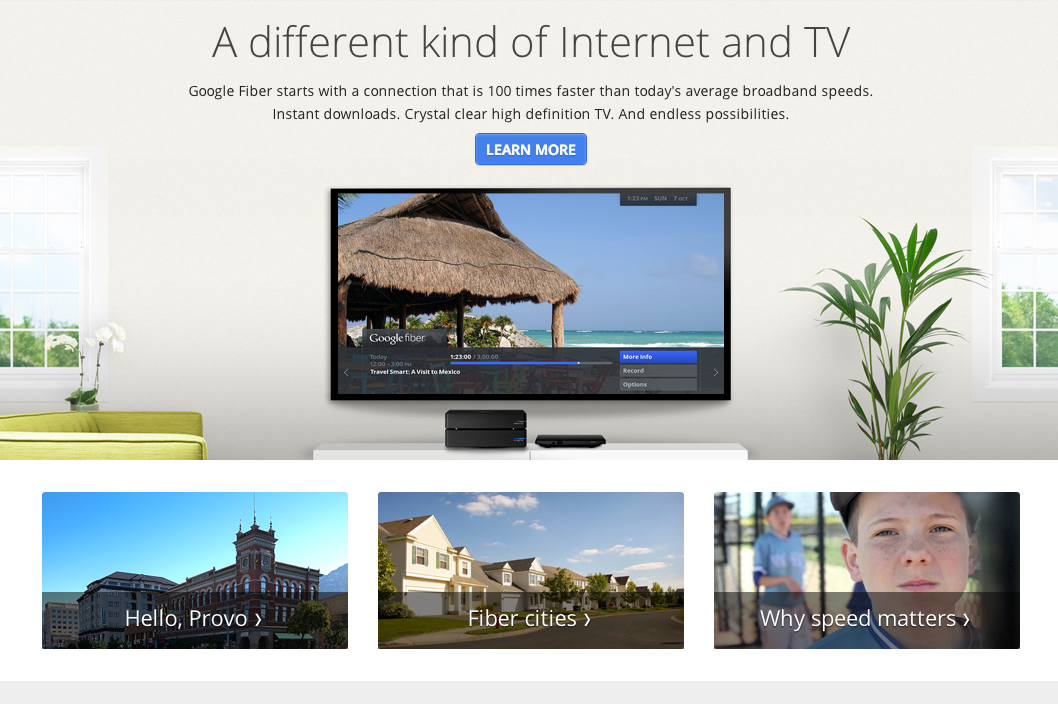A sliver of U.S. telecom competition brings super fast Internet


Consumers in the U.S pay more for Internet access and get less than many of their their global contemporaries, but that could change. Google's entrance into some markets has compelled AT&T to up its game.
CNET's Roger Cheng reported on Monday that AT&T was preparing to launch its "GigaPower" home Internet service in Austin to preempt Google Fiber. GigaPower launches in December and will initially offer speeds of up to 300 megabit per second. Customers will be upgraded to 1 gigabit per second downstream service some time in 2014. Its pricing has not been disclosed, but AT&T intends to offer several packages including TV.
GigaPower's speeds are as much as 40x times greater than most U.S. high speed Internet services, which fare poorly in value against ISPs in other countries. A 500 megabit data services will cost $25 a month in Hong Kong and around $30 in Seoul due to fierce competition in the marketplace. Prices in the U.S. are far afield. Verizon's fastest FIOS services (where available) that run at an equivalent speed cost over $310 per month.
I pay $44.99 for 20 Mbps service with Time Warner in New York City, and it's the only provider for my building. The service is poor and hasn't improved despite repeated complaints. Comcast's recent predilection for monopolistic behavior is another example of consumers getting squeezed.
That's why Google's competition is significant. Its Fiber home service is priced at $70 per month for Internet access alone and $120 with TV. Downward pricing pressure from Google could set the stage for what faster Internet would cost in other cities, and it introduces competition. Prices could even remain low as a result. Google Fiber is thus far only available in Kansas City and Provo, UT; Austin is coming very soon.
Why does super fast Internet cost so much more in the U.S.? The answer is a lack of competition. A growing number of U.S. industries are monopolies, duopolies and oligopolies despite attempts at creating the perception that they are highly competitive markets, Pulitzer Prize winning investigative journalist David Cay Johnston said in an interview last October. Telecom is a prime example of a market where people lack buying bargaining power.
"Cable, Internet and telephone provide a good example of this [lack of competition]. In most places you have one phone company and one cable company offering similarly slow, by world standards, Internet speeds and very similar prices. Computers make it possible for companies to match prices quickly, as airlines do in just a few minutes for millions of fares when one airline changes its pricing structure," said Johnston.
It's amazing what a little competition can do. Hopefully Austin is a sign of better things to come.
(image credit: David Worthington)
Related on SmartPlanet:
- How corporations are crippling U.S. prosperity
This post was originally published on Smartplanet.com